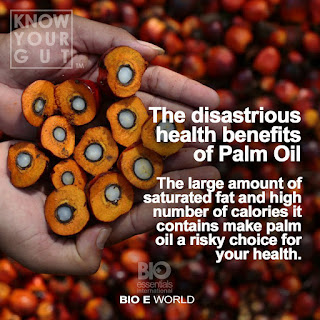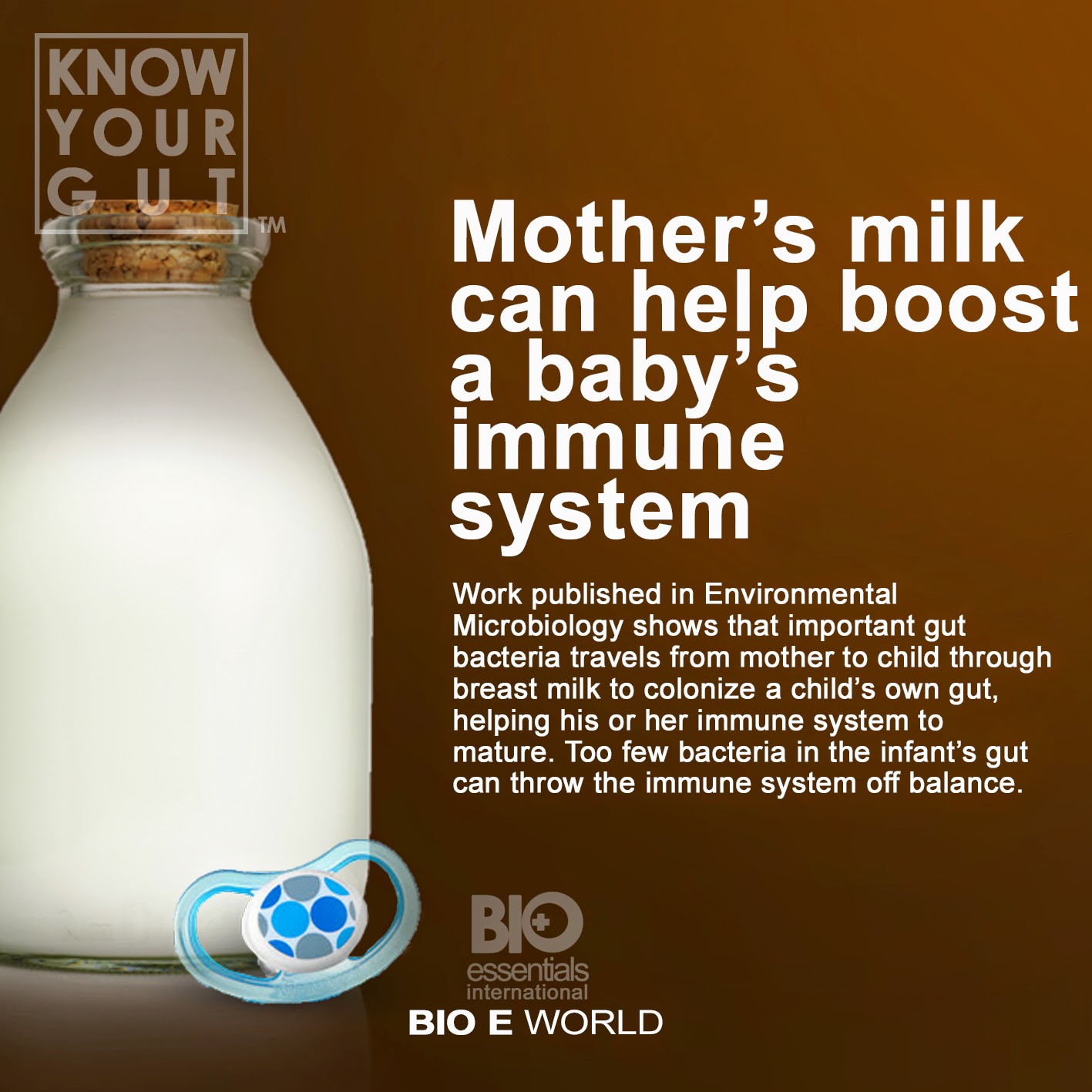The disastrous health effects of Palm Oil

Generally, plant oils are more beneficial for health than animal fats, but palm oil is an exception. Palm oil comes from the fruit of the palm oil tree and is grown on large plantations in tropical places such as Indonesia and Malaysia. At room temperature, palm oil is the consistency of butter or shortening and is often used in place of them in baked goods and processed foods. The large amount of saturated fat and high number of calories it contains make palm oil a risky choice for your health. High in Fat Diets high in fats such as palm oil can lead to weight gain, heart problems and other chronic disease. Eating a proper amount of fat is essential to human health, but too much can be detrimental. According to the Institute of Medicine Food and Nutrition Board, adults eating a 2,000-calorie daily diet should consume no more than 44 to 78 grams of fat per day. One tablespoon of palm oil has 120 calories and 13.6 grams of fat. If using palm oil, do so sparingly with regard to the amo...





